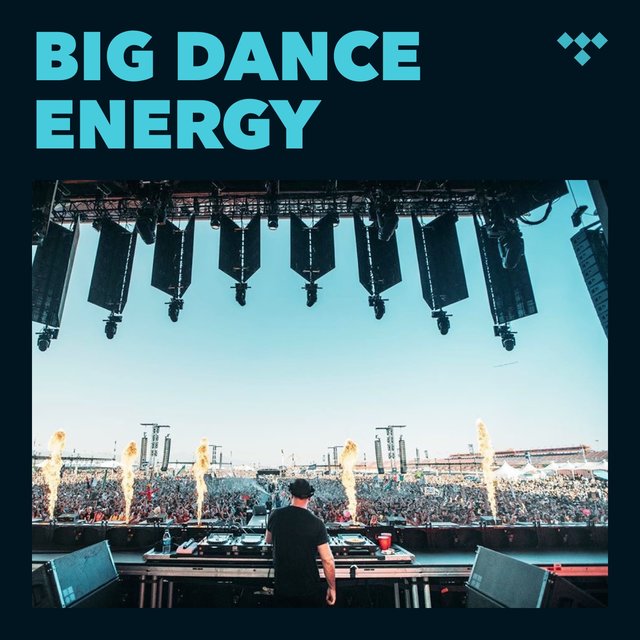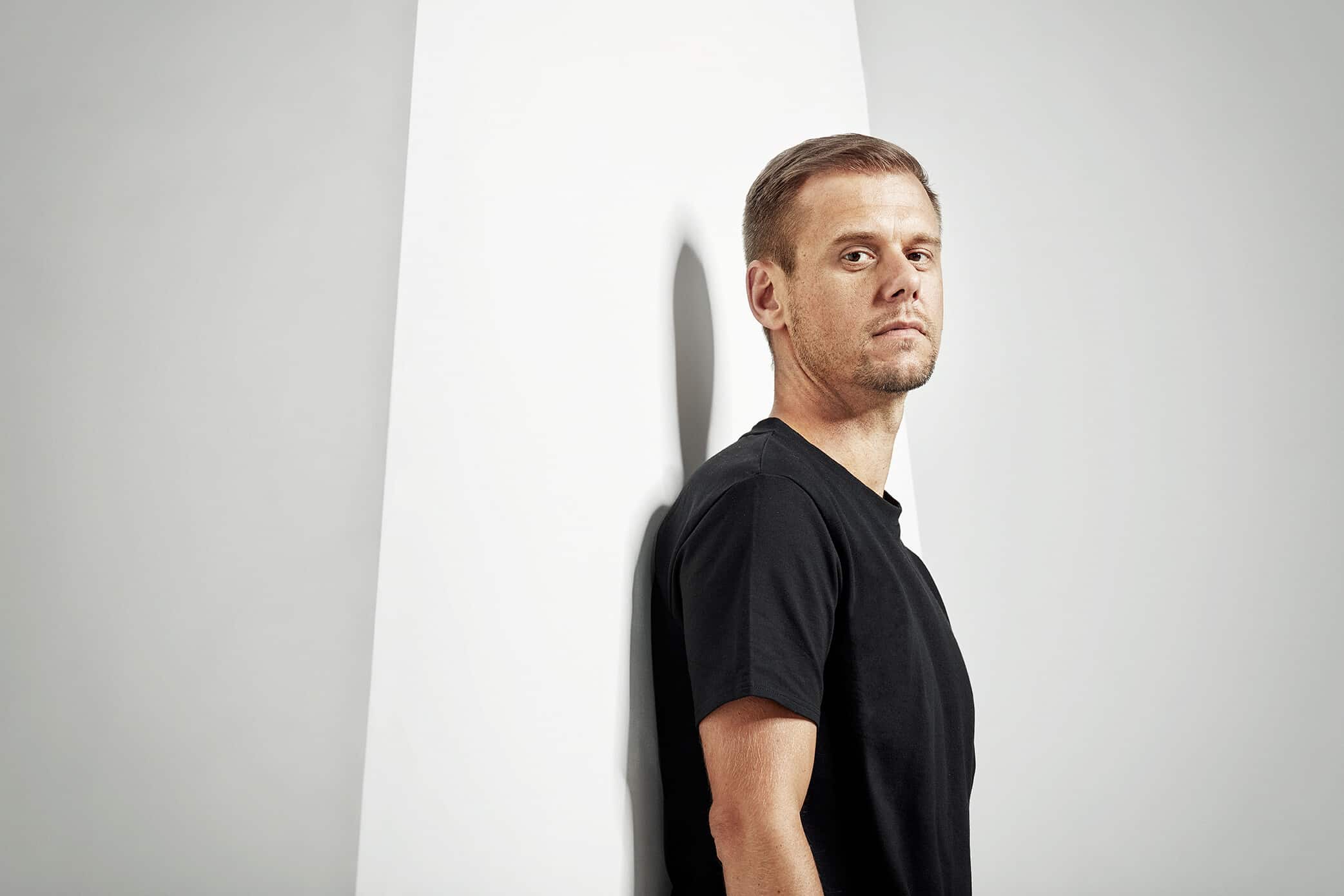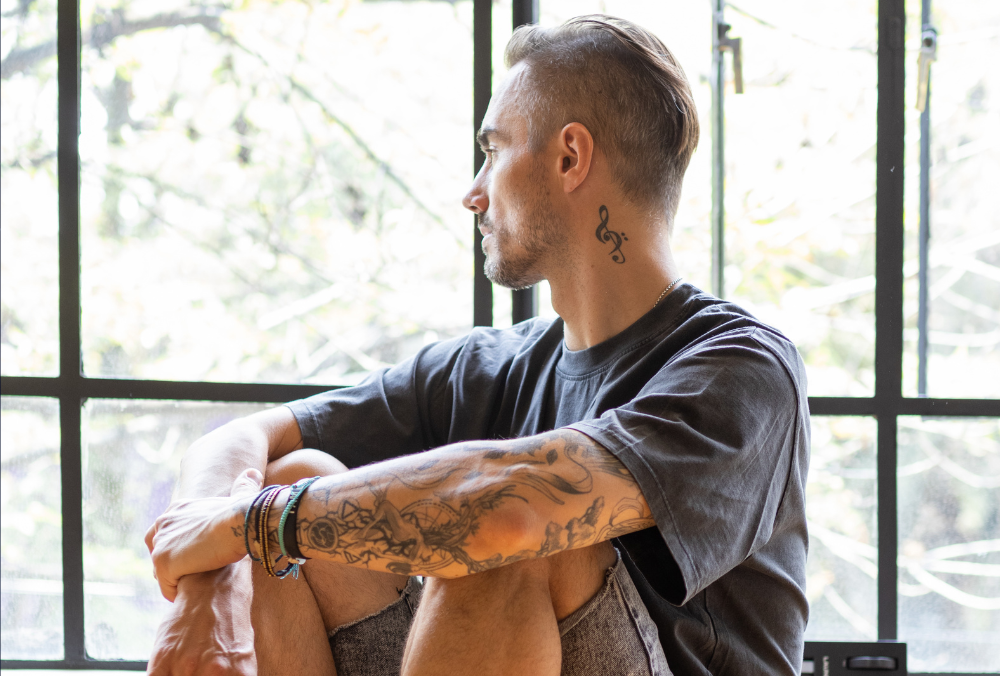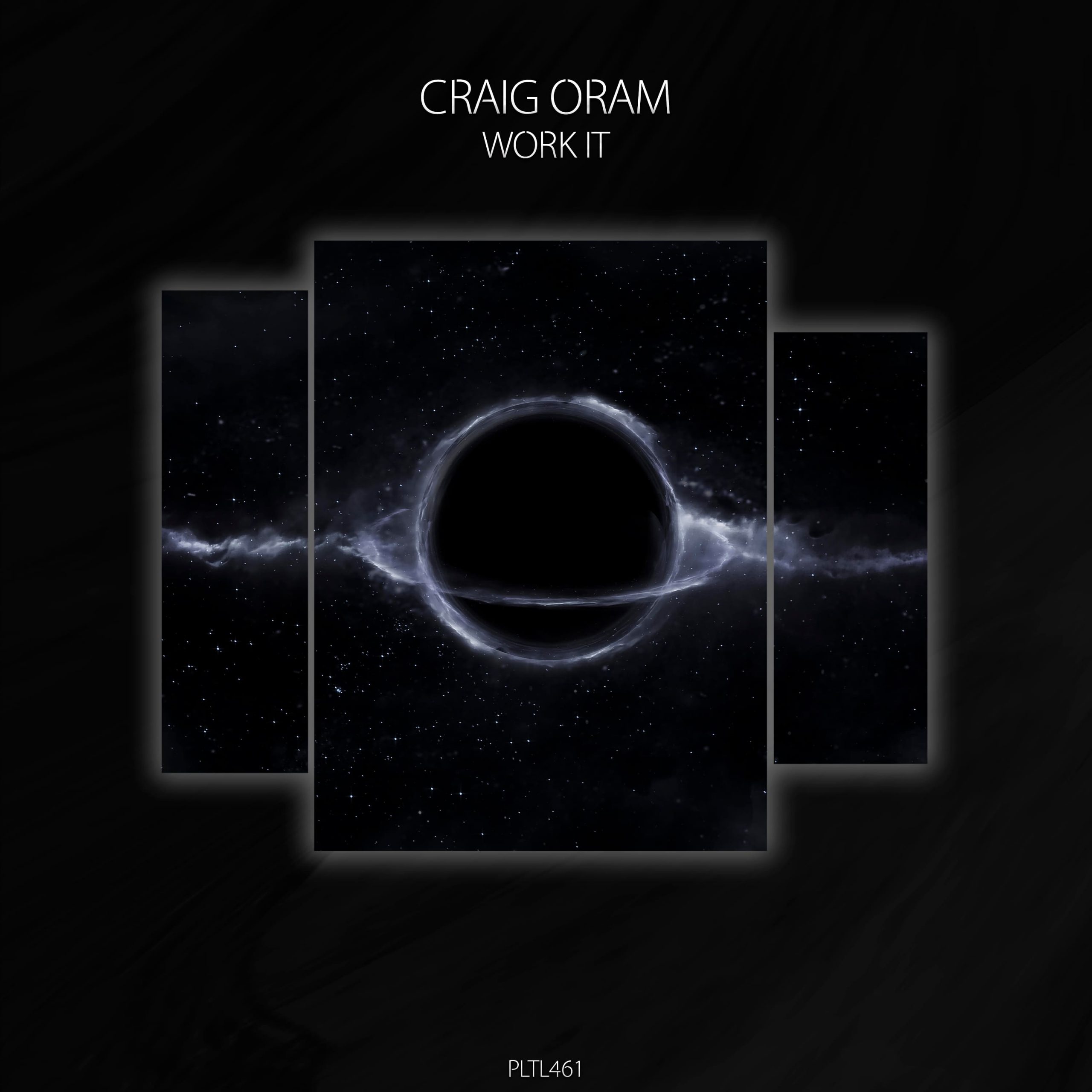
It’s no secret to people inside the electronic dance community that rave culture is something special. After more than 30 years, it continues to grow, welcoming newcomers with each day. And while many factors contribute to this sustainability, a recent study from the University of Kent suggests a new reason. The university has revealed that new research links prosocial behaviors and bonding with those who attend raves.
A new research paper published by Frontiers in Psychology takes a deep dive into the bonds created by people who attend raves and the relevance to clinical therapies. Dr. Martha Newson, a cognitive anthropologist at the School of Anthropology and Conservation at the University of Kent, used a model she referred to as the “4Ds” to study these prosocial engagements at raves. The model stands for Dance, Drums, Sleep Deprivation and Drugs. According to an article posted by the university, Dr. Newson surveyed those who attended “memorable raves or free parties.” Dr. Newson then “explored whether attendees engaged in the 4Ds and whether this in turn was associated with feelings of awe and personal transformation.”
The research suggested that those who engaged in the “4Ds” at these events experienced a type of “personal transformation.” The more a person felt transformed, the more bonded to a group they felt and were willing to donate to charity.
The research also showed that psychedelics were strongly associated with “building meaningful social bonds in a ritualized environment.” Dr. Newson states this could finding could have potential therapeutic benefits.
“Psychedelics have a deep-rooted stigma related to recreational drug use and harm, but they are being used more and more in clinical studies for drug therapy in the search for more effective treatment pathways – for example, treating depression, post-traumatic stress disorder, or even anorexia. We found positive associations between dancing and psychedelic drug use at these group rituals with feelings of awe and social bonding that could prove useful in supporting the growing wealth of clinical therapies.” – Dr. Martha Newson
View the entire Frontiers in Psychology research paper here.
Image Credit: EDC/Press
You may also like...
-
Illenium announces release date for single with Iann Dior ‘First Time’
by Billie Margot · Published March 10, 2021
-
Armin van Buuren reveals new Web3 community ‘Armin’s All Access’
by Jake Williams · Published November 16, 2022
-
Catch the Unique Sound of Meetch’s New Single, ‘BIZ….
by Michael Ryan · Published December 17, 2024 · Last modified December 18, 2024



























